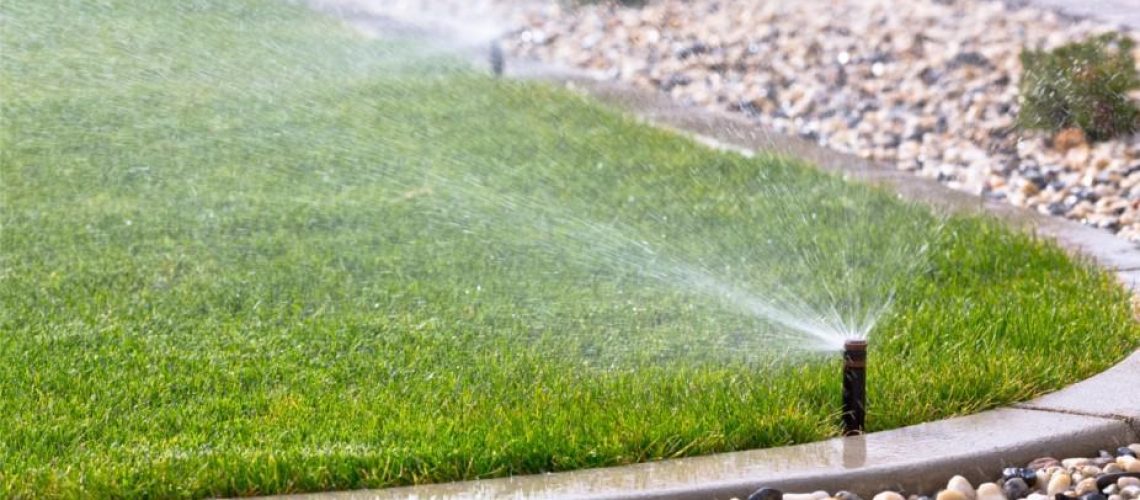All of us Floridians are used to the sight: the brown, dull lawns of winter.
Okay, so it’s not easy to keep your lawn looking fresh and beautiful during those drier months, when the rest of the year saw flooding rains! If you don’t have the right irrigation system, though, you don’t stand a chance.
Avoid your lawn looking more like a sandpile than a paradise by reading on to learn how to choose the best irrigation system.
Determine Your Needs
First things first. Determining your exact needs will help narrow down your search for the best irrigation system for your property.
Is your property residential or commercial? Both will have their own requirements, and usually different landscaping.
Are you looking for an irrigation system for a big, grassy lawn? Or do you have a variety of different plants and flowers, all needing irrigation?
Do you have shade trees, fruit trees or lush shrubbery on your property that require irrigation? Do you know what their watering requirements are?
Do you have a vegetable garden? Will your garden be irrigated by the same system as your lawn, or do you plan to set up separate systems?
Take some time to walk around your property, taking notes about the variety of landscaping you need to irrigate. This information will help you determine whether or not you need spray or drip irrigation.
Next, learn about the pros and cons of each.
Best Irrigation System- Spray or Drip?
After you’ve made sense of your landscape, you can begin to narrow down your irrigation needs. Let’s go over those questions again, in terms of both spray and drip irrigation.
Residential properties in Cape Coral and surrounding areas tend to have a lot large, grassy areas around the home, with perimeters and “islands” of plants.
Spray irrigation systems, or sprinklers, are best for these sorts of broad areas. They work to cover a large portion of land with similar irrigation needs quickly and efficiently. Mixing up sprinkler heads is an effective way to cover various landscaping points like sod, flower beds, hedges, and trees.
If your property is commercial, you might have a smaller footprint that’s more concerned with diversity of plants and flowers rather than uniform grass (i.e. edges of parking lots, areas between buildings and sidewalks, etc.). This is also the case if you have a home vegetable garden that needs irrigation.
In these circumstances, drip irrigation works best. The best drip irrigation systems work through pipes underneath the ground, bringing water directly to the soil beneath specific plants. This is more efficient for smaller, more intentional landscaping.
There are important considerations for both types of irrigation systems. Read on to make sure you’re covering all your bases.
Considerations
If you’re going to go with a sprinkler system, make sure to also install a good timer that will allow your system to work according to city regulations. Watering times are in the wee hours of the morning, since water can evaporate quickly off the grass in the heat of the sun.
If you’re going to go with a drip system, make sure it’s installed properly. It’s most efficient when the drip is placed directly beneath each plant that needs irrigation.
What if you have a lawn in the front, but a vegetable garden in the back? You might need both types of irrigation systems to take care of all your needs. It might sound like a lot of work, but we’ve got you covered.
Conclusion
Now that you’ve read up and decided on the best irrigation system for your needs, are you ready to take the plunge? Check out all the different types of systems we offer.
Once you’ve got your system in place, read up on how to get the most out of it and ensure your lawn is the best looking on the block.


